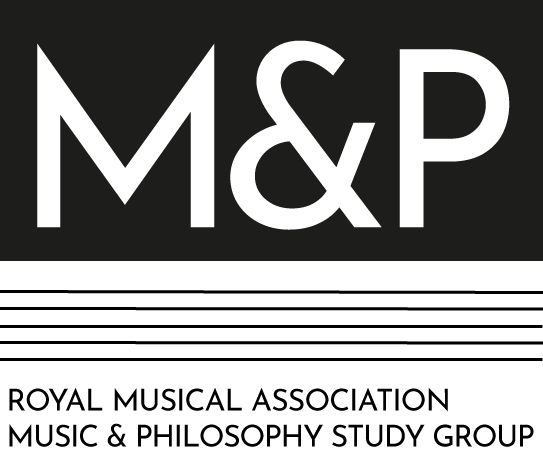
Wed, 13 October 2021 | 17:00 – 19:00 GMT+1 | Panel
Chair: Alex Douglas
Aesthetics of (Black) Breathing
A meditation on (Black) breathing, this essay reflects on blackness and breathing as motile (un)representable practices. Black subjects are able to resist by breathing in spite of modernity’s impulse to cut off black motion at the throat. Though deeply interested in the sounds and inner motions cohered at the head and neck, this essay understands breathing to affect matter beyond the upper case of the body and explores how breathing disarticulates wholeness as a practice of radically dissolving sovereign sound and form. The parenthesis attends to that which is founded upon the erasure of black liveness alongside such erasure, while also listening to those composers and aesthetes that are erased when we do not listen for their breathing. An iterative play with punctuation and grammar intensifies the act and experience of writing alongside a chorus of voices silenced and sounded. The entanglement of breathing, from past into future spaces and its inverse smooth operations, is what shifts a musical opening to a place of altered destiny. With Black life cornered into visible places of anti-Black state violence, in this piece we attempt to listen for, and breathe, another articulation of the world. (Black) breathing is channeled into/through instruments, making it musical and through these sonic transmutations of states of matter, possible futures are opened.
The Politics of Pleasure in Steelband’s Decolonial Aesthetic
Steelband music, specifically the practice of performing Western art-music on the instrument, is considered by Shannon Dudley as both an accommodation of colonial hegemony, thereby illustrating sophistication, and as resistance, for its practice of resignifying. Additionally, he argues for understanding and critically exploring aesthetic pleasure as an interpretive stance in relation to steelband (Dudley 2008, 119-29).
Engaged in colonial undoing, steelband music redefines the social, political, and economic status quo through its arrangements and performances by creating a counter-narrative. Mignolo, together with other decolonial scholars asked what the place of aesthetics was in the colonial matrix. According to Rolando Vásquez:
“Decolonial Aesthetics/Aesthesis seeks to bring to the fore those other forms of sensing and inhabiting the world that have been subsumed under the long history of this Western-centered world, of the modern/colonial order […] decolonial artists are not seeking innovation and abstraction for the sake of it, they are not seeking the recognition of the contemporary art world; rather, they are bringing to light through their practices, through their bodies and communities the histories that have been denied, the forms of sensing and inhabiting the world that have been disdained or erased” (Lockward, 2017, 105-6.)
This paper explores musical arrangement in steelband performance through a discussion of a decolonial aesthetics and pleasure.
Decolonizing Ontological and Epistemological Assumptions of Institutional Music Study
As a concept, admonition, and mandate, decolonization is finally finding itself a topic of discussion in the halls of institutional music study. The boundaries and demands of whatever decolonization might mean, however, are unclear. In the marketplace of musical production and distribution, issues that beg a decolonizing intervention are relatively easier to spot; i.e. access and exposure, performance, and “consumption.” But, as manifest in institutional music study, effective responses to calls for decolonization may be trickier. It has been argued that the university is an artifact of colonial logic engaged in authorizing and reifying heteropatriarchy and white supremacy. Scandals like Schenkergate of summer 2020 and accusations of white supremacy in the Society for Ethnomusicology call this out and demand moves toward the decolonization of institutional music study. “Decolonizing” syllabi is important, as is the decentering of whiteness in terms of the privilege heretofore enjoyed by the canon of Euro-American art music and its attendant theoretical models. But I suggest these incremental moves do little to address the assumptions upon which the white racial frame of institutional music study was built and is reproduced. This paper asks what it might mean to decolonize music study by considering the framings that presuppose our “object” of study, specifically with regard to ontological and epistemological conceits. These include: the work concept, being vs. becoming, undecidability, the limits of notation to frame the communication of musical experience, etc. By interrogating previous assumptions, we are led to ask not only what music might be, but also what the university and music degrees are for; to interrogate the type of knowledge and value production in which we are engaged.




